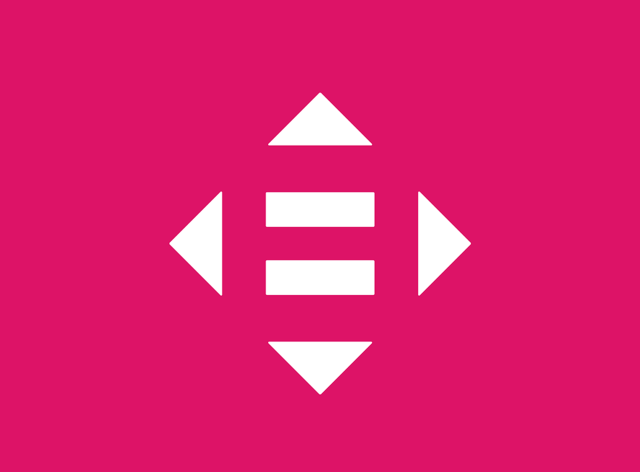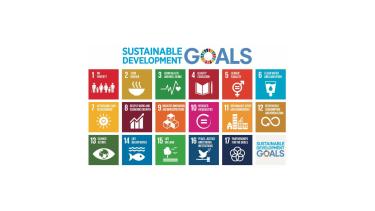On this page, you will find a report on all the actions and activities initiated at the University of Namur in connection with United Nations Sustainable Development Goal #10: "Reduced Inequalities".
Social impact and actions
Institutional initiatives
Green deal - Sustainable food
UNamur is committed to the 6 principles of the Green Deal :
- Local and seasonal produce,
- Environmentally and animal-friendly products
- Fair trade products
- Healthy, balanced and tasty meals
- Reducing food waste and waste
- Social inclusion
L'Arsenal - University Restaurant
Students benefit from a special rate for the hot dish of the day (€4) served at the Arsenal university restaurant.
La Solidarithèque
La Solidarithèque is a solidarity grocery store whose aim is to support higher education students facing financial difficulties. It is created and managed by the social services of UNamur, HEAJ and HEPN in partnership with the Association pour la Solidarité Étudiante en Belgique (ASEB).
The CoKot
This project kot (KàP) supported by UNamur offers solidarity meals for students. More info on the Facebook page...
Cap sur les KàPs series in the newsroom: The CoKot
Annual flea market at the old orchard of the Haugimont estate
Each year, UNamur proposes an event at the old orchard of the Haugimont estate. Numerous activities are offered throughout the day: marauding with free marauding bags, explanations on the management of the organic orchard, children's activities, information stands, guided and commented walks...
Les Ruches du Carmel
Four beehives have been installed with the dual intention of contributing to local biodiversity and offering a new educational tool for university students.
Forum Universitaire pour la Coopération Internationale au Développement (FUCID)
Migrations, inequalities, interculturality: An NGO within a university, the Forum Universitaire pour la Coopération Internationale au Développement (FUCID) aims to be a place for meeting, expression, debate, advocacy, awareness-raising and commitment, action, militancy and utopia. A network of men and women sharing the same values of solidarity and citizenship. It is rooted in UNamur's vision and in this framework, participates in the realization of the university's overall objective, namely to train responsible actors in society for a more just, sustainable, equitable world with respect for human rights. Learn more
Intersectionality is a highly fashionable concept, yet one that is often misunderstood. As part of a Midi de la FUCID on October 27, 2022, Aïda Yancy, historian, activist and trainer, revisited the origins and meaning of the concept, as well as its relevance in a student and academic context. She illustrated her point by talking about the intersection of two forms of discrimination: racism and sexism. More info here
Travel grants
The International Relations Department (SRI) offers mobility grants (in-out) notably via the ERASMUS+ and FAME programs to students, researchers and teachers.
Collaborations and partnerships
ILI Project: Migrants trained in French at the University of Namur
Since 2015, the University of Namur, in partnership with the Hénallux teaching department, has launched a number of initiatives to help migrants. They are part of a Local Integration Initiative (LII) project recognised by the Walloon Region. As well as organising intercultural activities, a French language course is offered for levels B1, B2 and C1 of the CEFR (Common European Framework of Reference for Languages). This year, around 15 students took part. Here's a look back at this rewarding experience, in the service of a more inclusive society.
Research
Contextual bilingual French-sign language dictionary
A bilingual French-sign language (LSFB) dictionary that can be queried in both languages, thanks to cutting-edge technology and access to a vast database. This is the result of four years' hard work by a team of researchers in linguistics and computer science at UNamur. A world first, it offers a powerful, easy-to-use tool that is freely accessible to a wide audience: deaf children, their families, teachers, translators and interpreters. Learn more
Discover all publications related to the Sustainable Development Goal "Reduced Inequalities" on the UNamur research portal.

